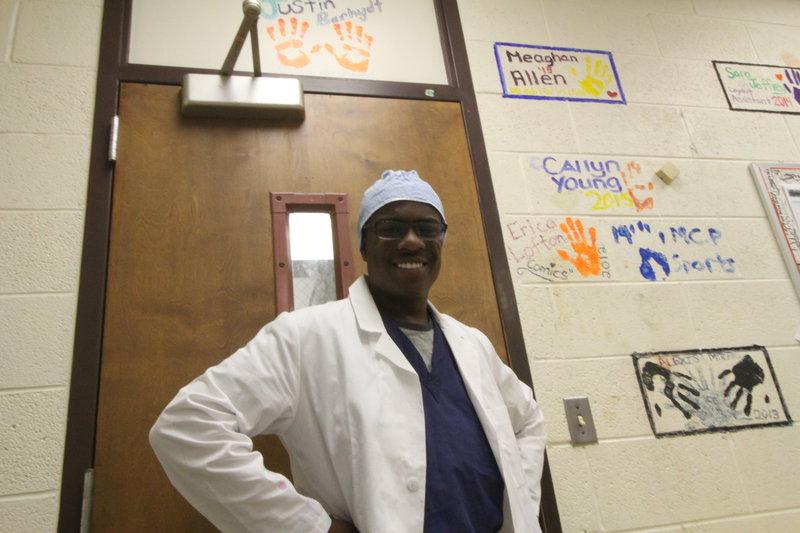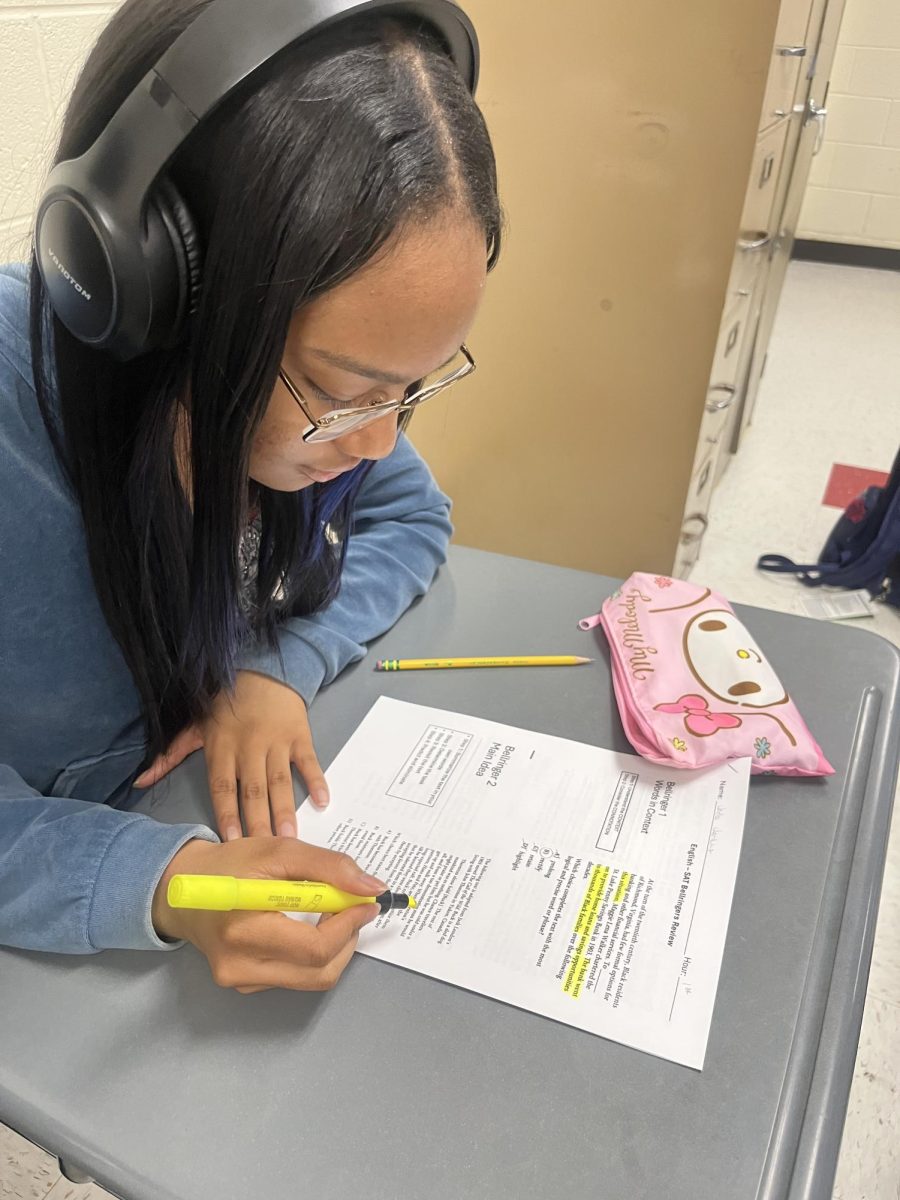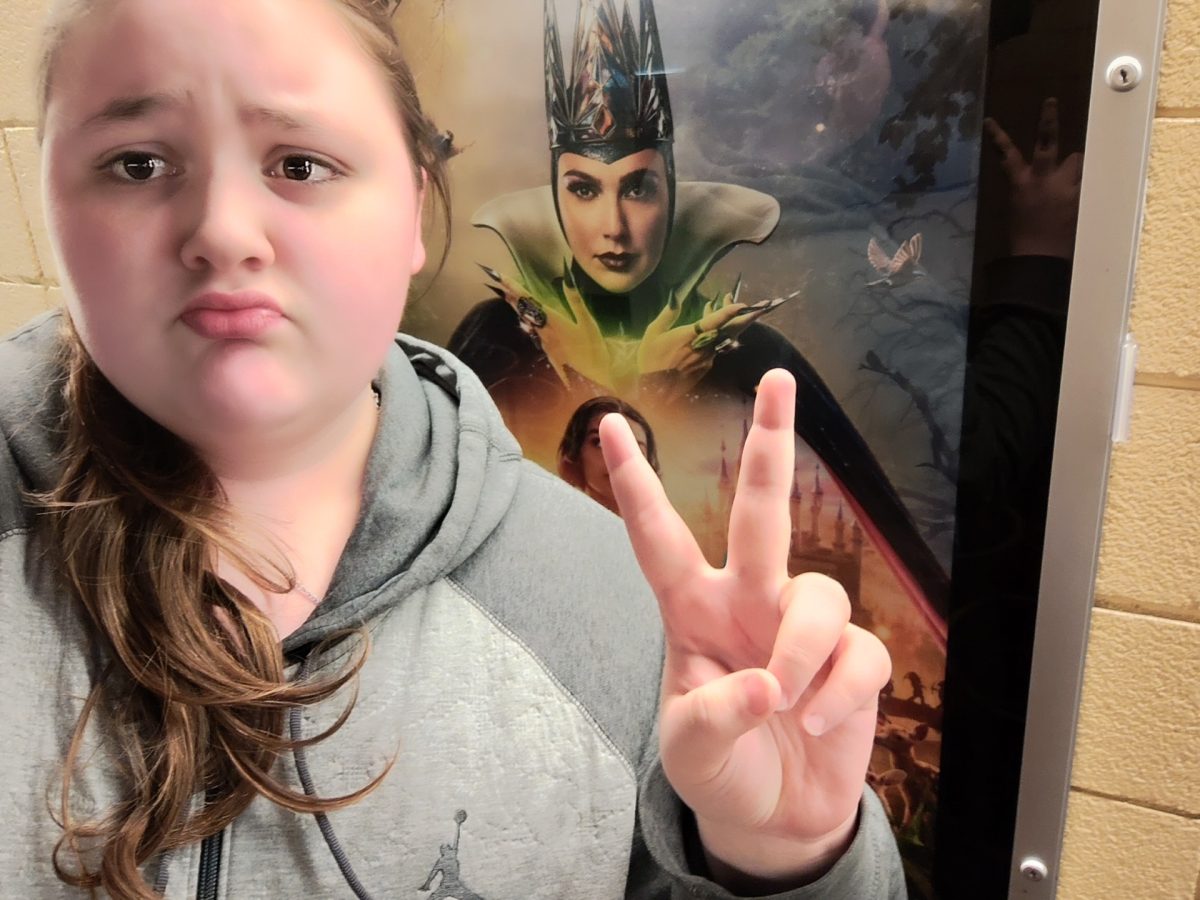Dr. Mack’s Medical Minute: Thanksgiving
November 25, 2015
With the holiday season approaching, one of many favorite things to do is of course, eat food. Some may say eating turkey makes you tired, and others, quite on the contrary? But is this true or a myth?
Nothing says holidays quite like consuming huge portions of food. After eating three big plates of food, many are ready for a nap, though some may blame the turkey for their fatigue. One common belief is that a compound in turkey called tryptophan makes you especially drowsy. Tryptophan is an essential amino acid that is found in many other foods. It is one of 20 amino acids your body absolutely needs to make proteins. It is easy for turkey to get the blame for drowsiness because tryptophan is used to make serotonin, (a neurotransmitter in the brain to promote happiness and relaxation), and serotonin is used to make melatonin which helps control the body’s sleep and waking cycle. But the tryptophan levels in turkey are too low to cause drowsiness; in fact, it is lower than the tryptophan found in chicken. It also has to compete with other amino acids to even get in the brain. Although tryptophan, taken on an empty stomach and certain doses can cause sleepiness, it does not cause you to be lethargic on Thanksgiving. In fact, that is the huge helpings of carbohydrates in the bread, yams, stuffing, and pumpkin pie one may be having for Thanksgiving. Besides, when you overeat, the body diverts blood to the digestive system and when the blood to the brain and the rest of the body is reduced, you feel tired.
So when eating lots of food for Thanksgiving, one can put to rest the myth that turkey causes drowsiness. Happy Holidays!




























